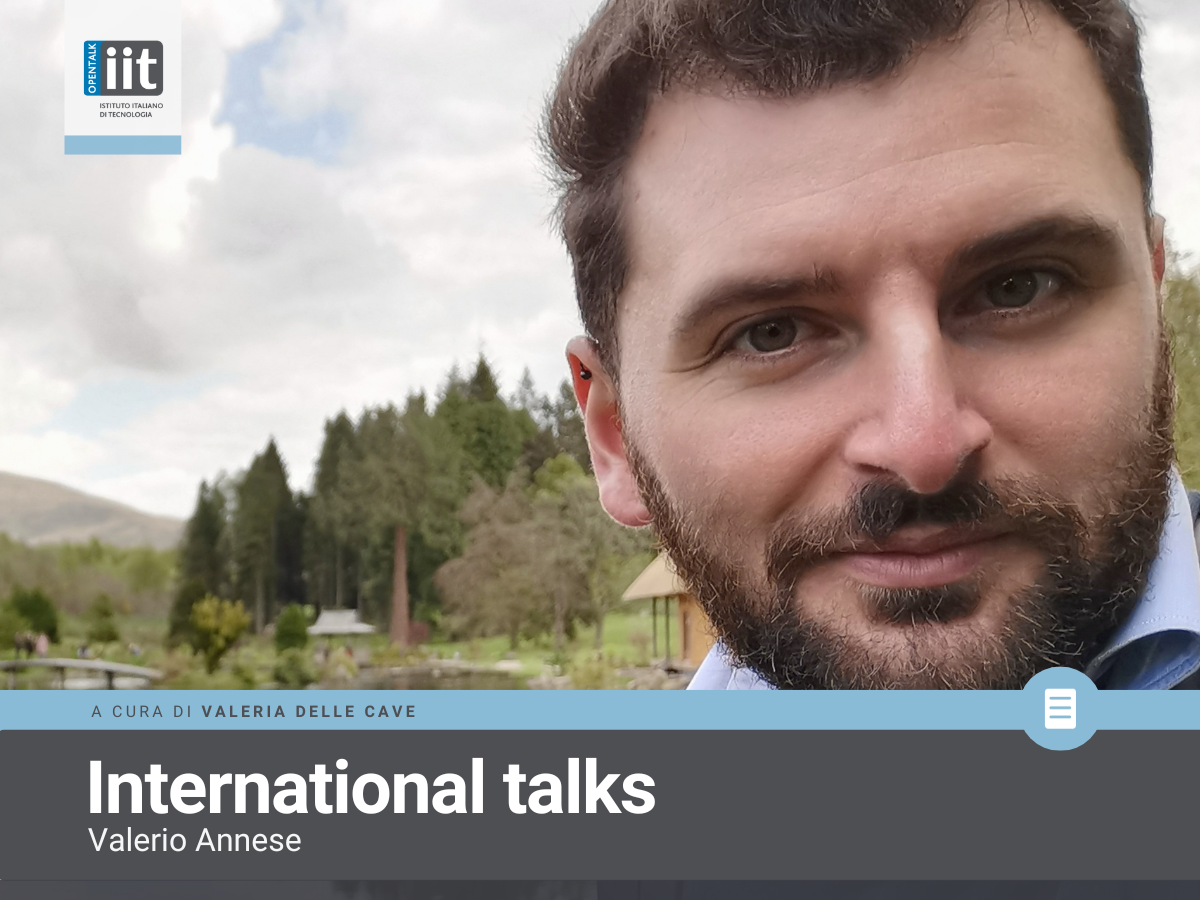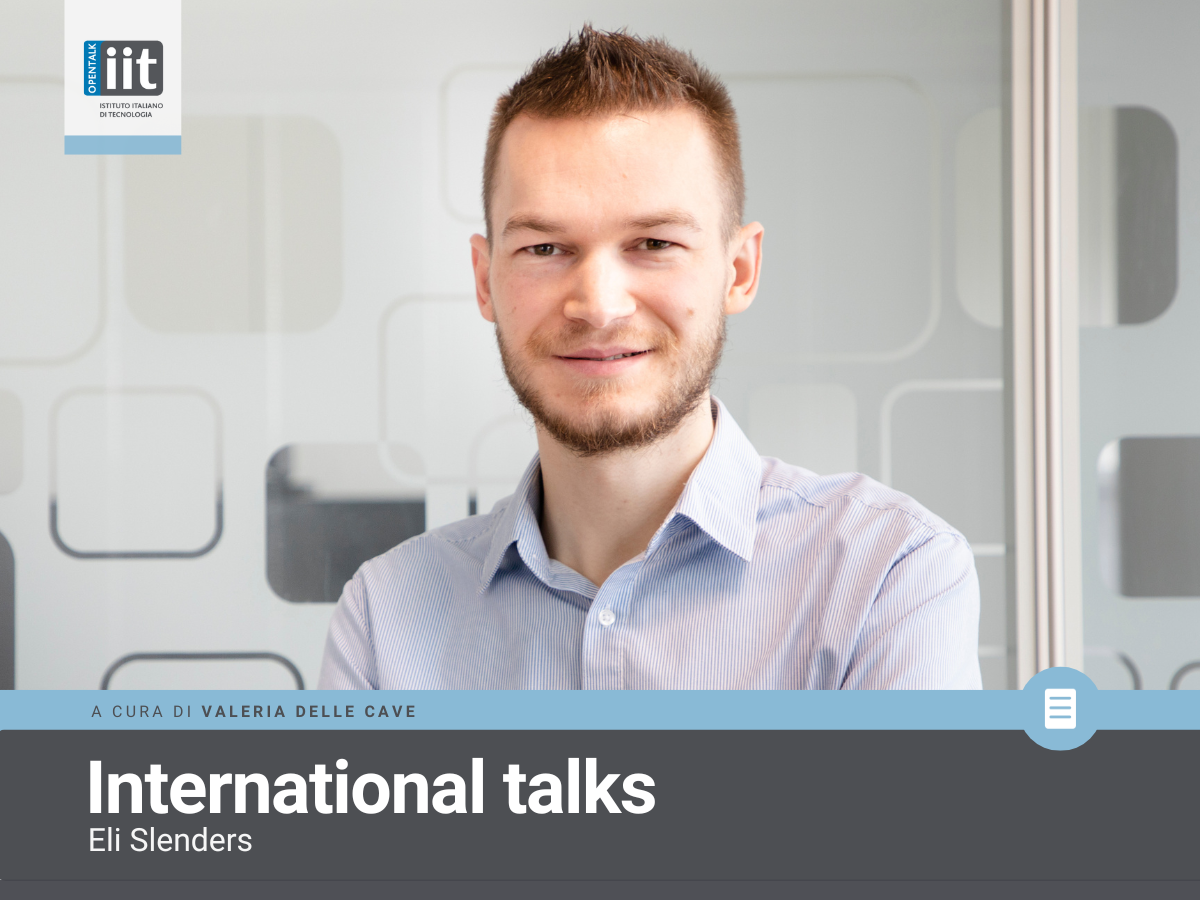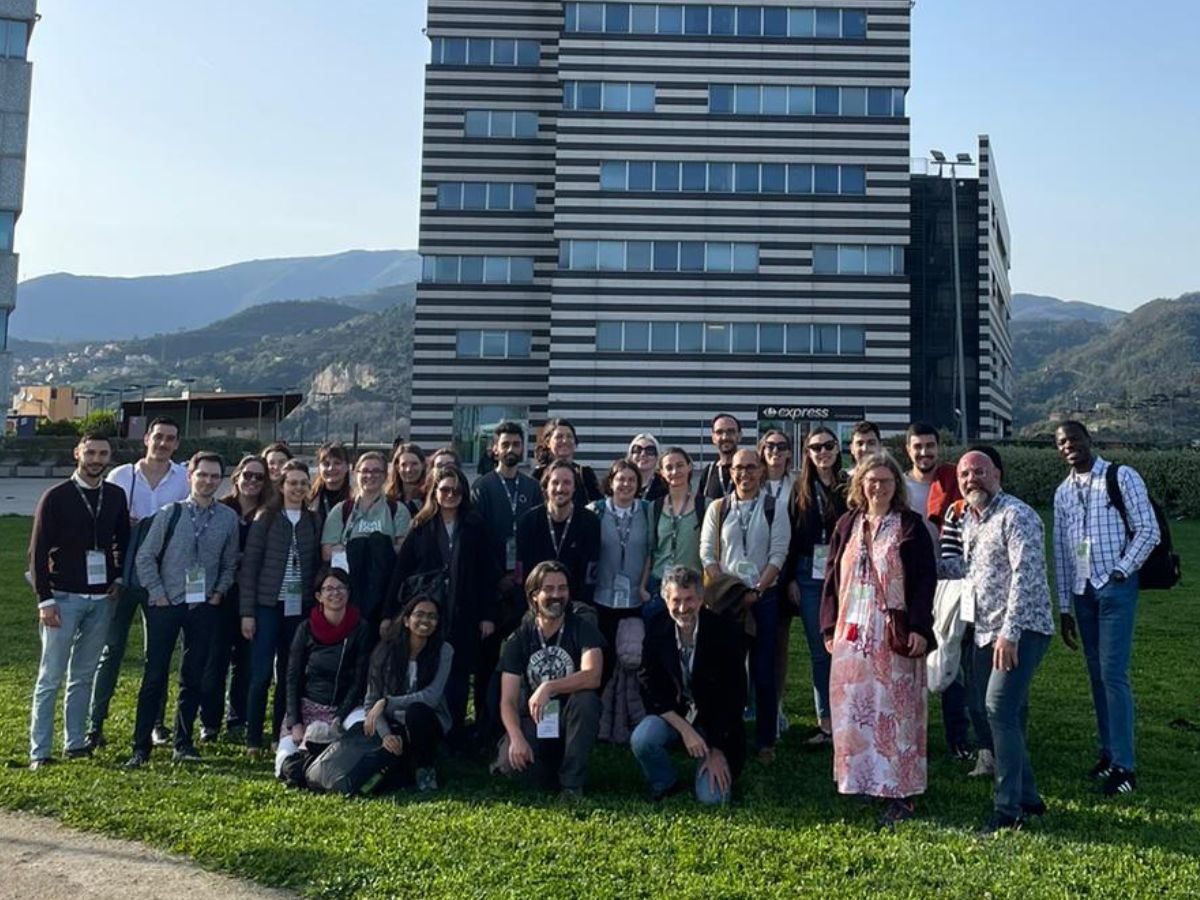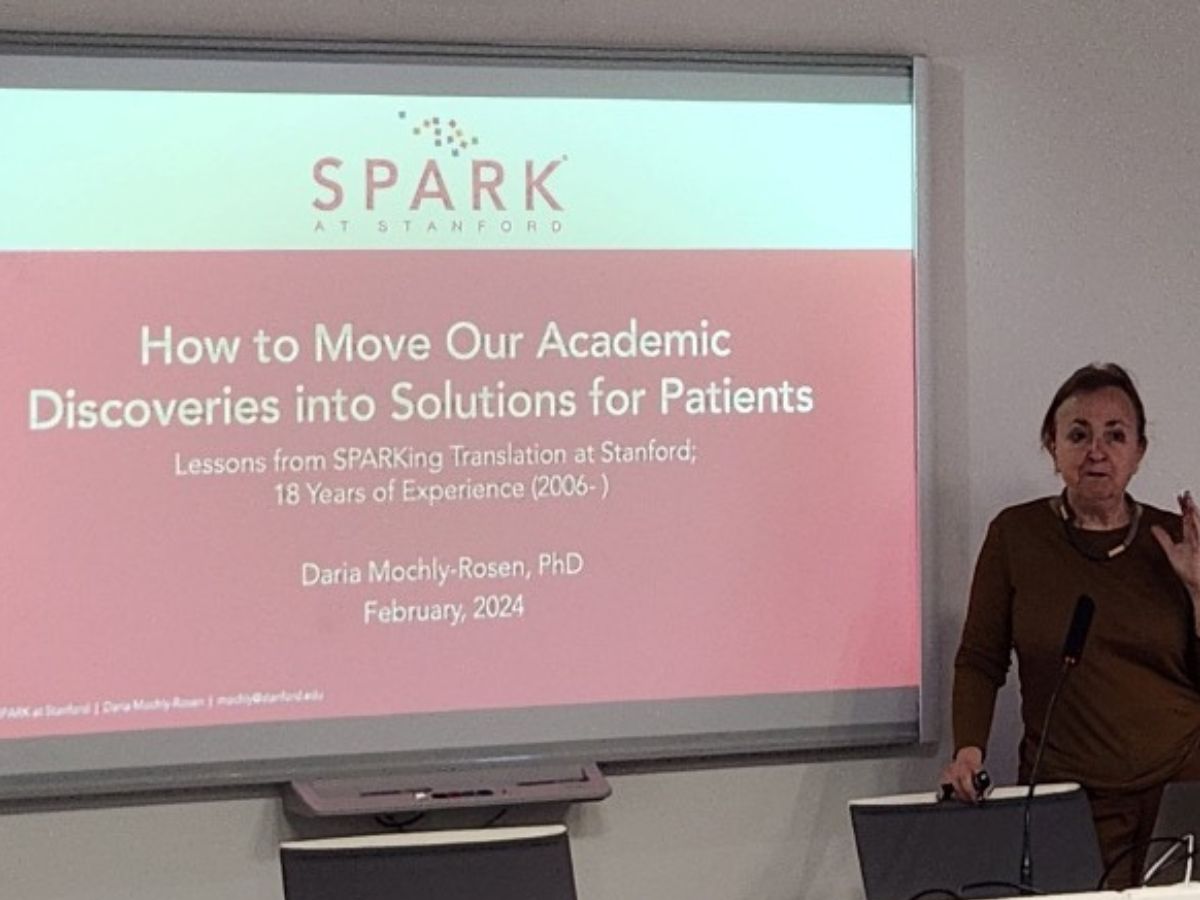From the Adriatic to the North Sea and back (almost)
Life is frequently shaped by seemingly little choices that have the capacity to change our trajectory. I was just an electronics engineering student when I took the decision to do a student exchange in 2013, with no clue that it would have shaped my journey to getting a MSCA fellowship ten years later.
My student exchange was at the University of Glasgow; I moved from the sunny coastal town of Molfetta in the south-east of Italy to the windy and dramatic landscape of the Scottish Highlands. During my visiting period, I was profoundly inspired by the research in healthcare technologies, and I may consider this experience as the first pinpoint in my scientific career. When I did come back to Italy for my master’s degree and my first research assistant experience at Politecnico di Bari, I realized how much I was already drawn by research and Scotland too. Moving to Glasgow in 2016 for my PhD was only an obvious consequence.
As a PhD student in the research group led by Prof David Cumming at the University of Glasgow, I worked on a project dedicated to healthcare technologies, more specifically biosensor arrays for point-of-care and ingestible systems. The main objective was to create a single portable platform that could analyse multiple biomarkers related to cancer simultaneously. A system with such features could assist physicians in rapidly diagnosing tumours. This is challenging because each test must be independent from the ones running in parallel, despite all being carried out on the same liquid sample. As such, my work first focused on developing biosensors measuring the target biomarkers separately using specific enzymes. Then, biosensors were scaled up in arrays and coupled with tiny microfluidic channels – that is microscale network of channels where fluids flow smoothly – to divide the liquid sample under test in several test chambers. The outcomes of my research were tangible, such as the foundation of a start-up and the patenting of my work. It was highly gratifying.
When I was not in the lab, I explored the most remote parts of the country with my soulmate and new friends, creating lifetime memories. Scotland became a second home for me and accepting the offer to remain in the group as a postdoc to continue my research was another obvious consequence.
At the same time, I kept growing both professionally and personally and I soon felt ready to take on something new to expand my research experience in my academic pursuits. Thus, one day an open postdoc position at IIT Milan with Dr Mario Caironi caught my attention. It said “edible sensors”, and explained the fiction-like vision of implementing novel point-of-care and ingestible sensors that can be digested or metabolized by the body. Edible electronics sounded like the perfect twist on my research journey as it would have widened my expertise with organic and bioresorbable material, while continuing my research path in healthcare technologies. Fantastic! I applied on the very same day, and in a couple of weeks I got the position. I left Scotland in December 2021 and I suppose a part of my heart remained there as I felt like I was leaving home once again. The other part was incredibly thrilled to start a new research and life chapter.
At IIT Milan, I found one of the best research groups one could hope for, full of international, enthusiastic, and knowledgeable people. My postdoc experience in IIT has been very intellectually enlightening, as I felt a reciprocal transfer of knowledge with the highly interdisciplinary research group. As part of the EU-funded project ROBOFOOD, I was granted the opportunity to collaborate with scientists all around Europe to bring bioresorbable robots closer to reality.
Eventually, while talking at lunchtime with my colleagues, I realized by chance that I was eligible for a MSCA fellowship at IIT thanks to my time abroad. This was an exceptional opportunity for my career development, since MSCA fellowships are globally renowned and provide wide support for excellence in interdisciplinary research. Although this funding scheme has a highly competitive selection process, I decided to apply. It took me extensive efforts to conceive an ambitious and innovative research proposal. And on an early Monday morning, I got the wake-up email that all academics wish for: “Congratulations!”.
I started my MSCA fellowship called ‘EDISENS’ in January 2024. The vision of this project is to merge my past research in point-of-care and ingestible systems with Dr Mario Caroni’s group expertise on organic and edible electronics to deliver diagnostic food. The idea is to create a new class of swallowable biosensors that can be naturally digested or metabolised after performing a specific task in the gastrointestinal tract, such as for instance measuring the pancreatic enzyme levels. In other words, EDISENS works toward the vision that clinical testing will be as easy as eating candy one day, literally!
I recently went back to Scotland, just for a weekend and on top of Calton Hill in Edinburgh, I thought about how a small choice in life contributed to getting a MSCA fellowship. ‘Edinburgh’ even sounds a bit like ‘EDISENS’ after all.





